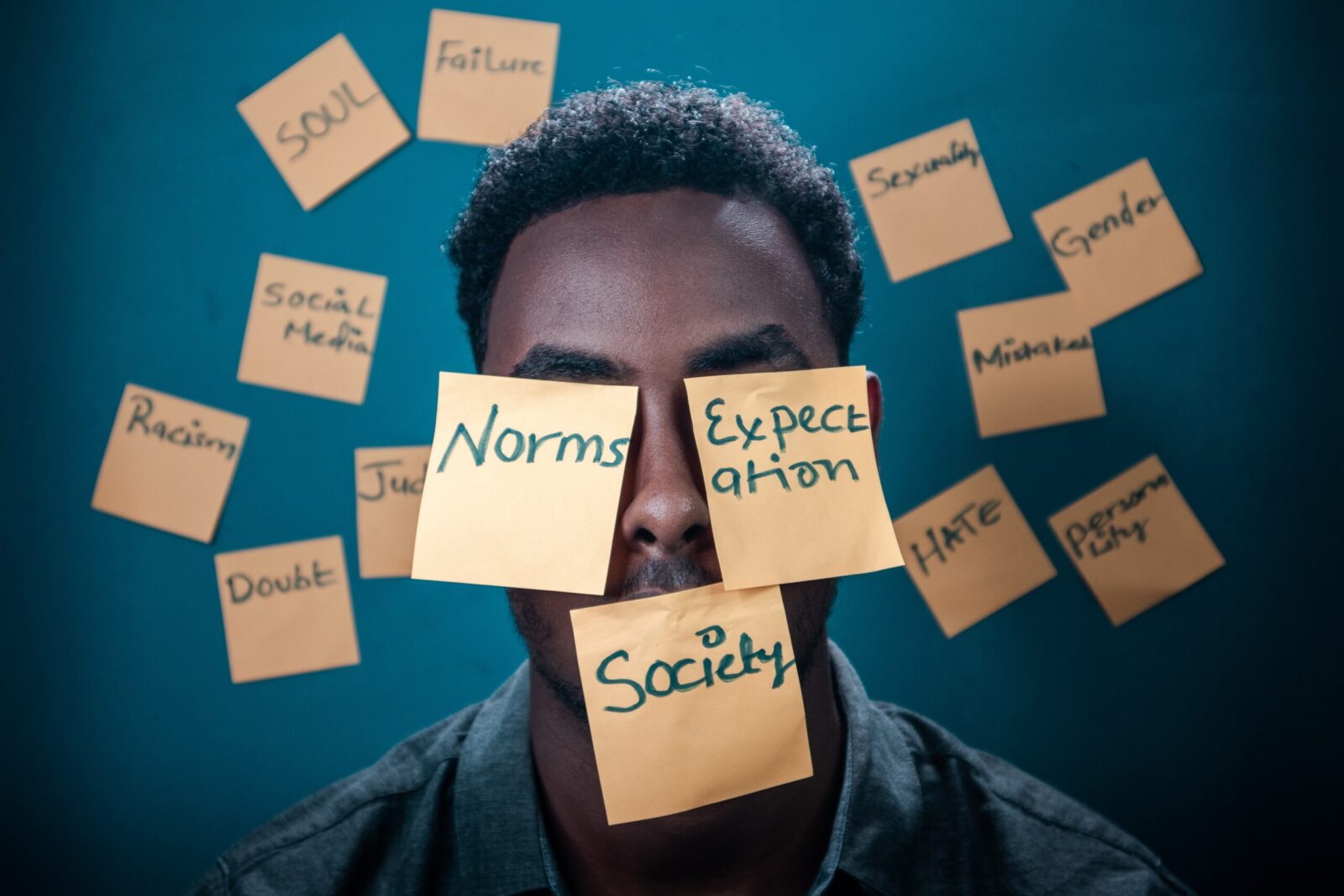The Time to Combat Racism is Still Now
The major event of 2020 that put diversity squarely on the global political map, teeing it up for potential sweeping social change, was the murder of George Floyd. As I argued in an article soon after his death, it’s not that George Floyd died for a reason. It’s that it’s up to each of us to find a reason that enables us as individuals and collectively as a society to benefit from it.
That is our responsibility and, in fact, our power. As Stephen Covey put it in his landmark book The Seven Habits of Highly Effective People that ignited the self-help movement, we are “response-able”—able to choose our response—to this tragic event.
How you choose to respond is the most important question, and I can’t answer it for you. I can, however, share my own response. In 2003, Hispanics overtook African-Americans as the largest minority group in the US. Many of the unique issues of systemic racism facing African-Americans were relegated to the back burner as the race dialogue shifted to the more inclusive designation of “people of color.”
While people of color do together face common racism-imbued issues, African-Americans are unique in numerous ways. For one, they are the only group of people brought to the United States against their will. There is a history of over 400 years of institutional racism against African-Americans that merits its own analysis and remedies.
Let’s not forget that almost all Hispanics hail from countries in which darker-skinned peoples are also victimized by systemic racism. My wife, for example, is from Mexico, where darker-skinned citizens, like in the US, routinely confront discrimination when they apply for jobs or housing, among other daily endeavors, or are apprehended by the police. This discrimination south of the border is not unique to Mexico: it occurs just about everywhere in Latin America.
Neither should we forget that the police aggressors who beat Rodney King senseless and stood by doing nothing as Eric Garner and George Floyd were murdered were not a group of white racists, as many of us have been led to believe, but a group of white, Asian and Hispanic men unwilling to prevent an African-American man from slowly, steadily having his life taken away from him. The racism against darker-skinned people that bankrupts our nation’s and world’s moral economy is multicultural.
An African-American friend, Brenda, shared with me that when she attempted to join a black sorority a few decades ago, she had to undergo the “paper bag test.”
“If your skin was lighter than a paper lunch bag, you were in,” she told me.
Another African-American friend, Donald, told me the saying he knew by heart growing up:
If you’re white, you’re alright.
If you’re yellow, you’re mellow.
If you’re brown, stick around.
If you’re black, get back!
It seems racism against darker-skinned people is universal.
If you go to Africa, you’ll be hard-pressed to find discrimination against Asians (Idi Amin’s expulsion of Indians in 1972 the notable historical exception). You will, however, likely observe the opposite, a fact I learned when I was a Peace Corps volunteer in Kenya and witnessed firsthand numerous examples of Indians born in Kenya whose forebears had been favored by the British during colonialism discriminating against Africans.
Nor in Africa will you observe much discrimination against Hispanics (the Cuban doctors who provided medical relief aid in Angola, for example). However, if you go to Mexico, Guatemala or Spain, you will easily observe discrimination against both Asians and Africans.
If you instead go to India, you will likely witness historical racism against the darker-skinned Dalits. Half a century after Gandhi’s social movement attempted to usher in their acceptance, they are still sometimes referred to as “untouchables.” If you go to Spain, on the other hand, you may visit stores selling cheap products that are routinely referred to by the Spanish as “Chinese,” even if they are not owned by Chinese.
It is now up to us, in the aftermath of the Floyd tragedy—and the murders of numerous other African-American men while in police custody—to give it meaning. While some of my African-American friends contend that the following parallel is unfair due to the much more severe issues African-Americans have faced—and they are right—I will still use the part of it I find instructive to the current situation: African-American safety, thanks to George Floyd, has become the new gay marriage.
Following centuries of discrimination against gays, only 27 percent of Americans were in favor of permitting them the legal rights of marriage as recently as 1996. Twenty years later, the majority of Americans—61 percent—supported the rights of a gay couple to a legal union. In fact, by 2017 a majority in only one US state still opposed gay marriage.
While before the Floyd tragedy there was not even a one, there are now numerous Black Lives Matter signs in my predominately white neighborhood. Demonstrations have taken place all over the world, even in largely conservative small towns in America.
Even the NFL rescinded its harsh judgment of Colin Kaepernick and apologized for “not listening” to players who expressed their civil disobedience against systemic racism directed toward African-Americans by taking a knee during the national anthem. Thousands of companies jumped on board and made statements expressing their solidarity with the Black Lives Matter movement.
The tide has shifted—rapidly, at least in contrast to the historically glacial evolution of the attitudes of whites toward institutional racism targeting African-Americans. At this rate, it may not take as long as the twenty-year cultural shift in attitudes toward the rights of gays to marry. Or perhaps it will take much longer.
We each play a role in this societal attitudinal shift. As Hillel the Elder once sagely advised, “If not you, who? If not now, when?”
How are you taking action in your own life to combat racism? Tell us about it in the comments.




